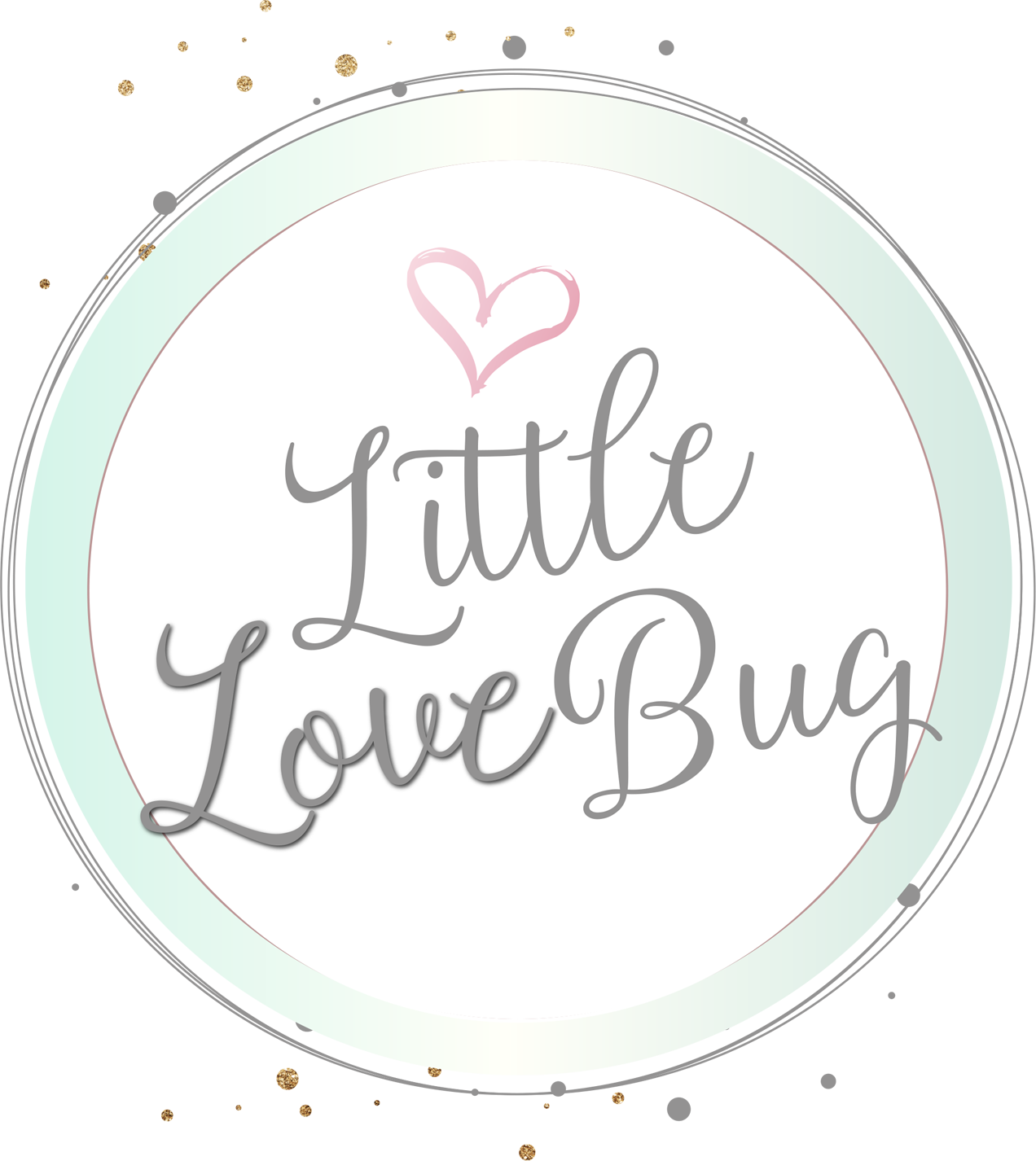As a new parent, it's normal to feel concerned about your baby's breathing. While newborns may have irregular breathing patterns, it's important to know what's normal and when to seek medical attention.
Normal breathing for a newborn can be irregular and may include pauses that last up to 10 seconds. This is called periodic breathing and is usually not a cause for concern. However, if your baby's breathing becomes labored, fast, or slow, it's important to seek medical attention right away.
One common breathing issue that may occur in newborns is called apnea. Apnea is a brief pause in breathing that lasts for more than 20 seconds. If your baby experiences apnea, they may turn blue, become limp, or seem unresponsive. In this case, call 911 or seek emergency medical care immediately.
Another condition to be aware of is called respiratory distress syndrome (RDS). RDS is more common in premature infants, and occurs when a baby's lungs are not fully developed. Signs of RDS may include rapid breathing, grunting, flaring nostrils, and retracting chest muscles.
If you notice any signs of difficulty breathing in your newborn, it's important to contact your pediatrician right away. They may recommend monitoring your baby's breathing at home or may refer you to a specialist for further evaluation.
Sudden Infant Death Syndrome (SIDS) is a terrifying concern for all parents of newborns. It is a condition where an apparently healthy baby dies suddenly and unexpectedly in their sleep, usually during the first six months of life. While the exact cause of SIDS is unknown, there are some things parents can do to help prevent it. Some of the recommended steps include placing your baby on their back to sleep, using a firm sleep surface with no soft objects or loose bedding, keeping your baby in a smoke-free environment, and breastfeeding if possible. If you have concerns about SIDS, it is important to talk to your doctor, who can provide more information and advice specific to your baby.
In general, it's important to make sure your baby is sleeping on their back, on a firm surface, and is not overheated or covered with too many blankets. Additionally, keep your baby's sleep area free of smoke, pets, and other potential irritants.
While it's natural to worry about your baby's breathing, remember that many newborns have irregular breathing patterns that are normal. By keeping a close eye on your baby and seeking medical attention when necessary, you can help ensure your little one stays healthy and happy.


